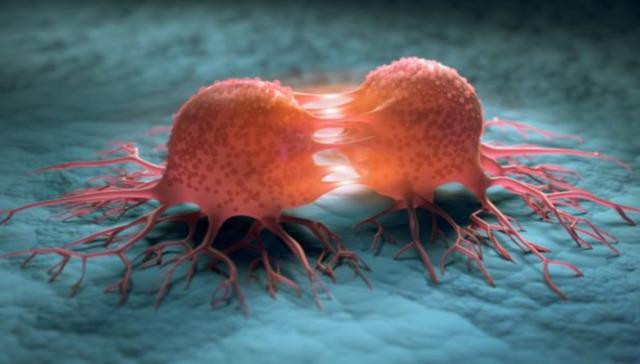Prof. Dr. Serdar Yol, drawing attention to the increase in stomach cancer in recent years, stated that the disease can progress without any symptoms. General Surgery Specialist Prof. Dr. Yol said that in order to protect against stomach cancer, it is necessary to avoid eating excessively salty, pickled foods every day.
“THE SECOND MOST COMMON TYPE OF CANCER IN THE WORLD”
Stating that stomach cancer is the second most common type of cancer worldwide after lung cancer, Prof. Dr. Yol said, “Stomach cancer, which constitutes 7.4 percent of cancers seen in men and 6 percent in women in our country, has been increasing in recent years. While the risk of stomach cancer is higher in men, people with blood type A, smokers and obese people; the disease can also develop for different reasons.
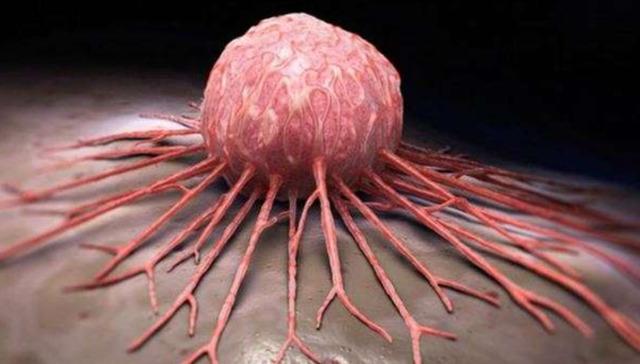
Some of these reasons can be listed as follows; neglecting the treatment of a type of bacteria called “Helicobacter pylori” that causes indigestion, bloating and ulcers in the stomach, not secreting acid in the stomach for many years because the stomach nerves were cut in the past, smoked foods (stomach cancer is more common in Japan), genetic predisposition, gastritis and vitamin B12 deficiency in the person and stomach polyps.
“BE CAREFUL ABOUT BLOATING IN THE UPPER STOMACH, FAST FULLNESS AND NAUSEA”
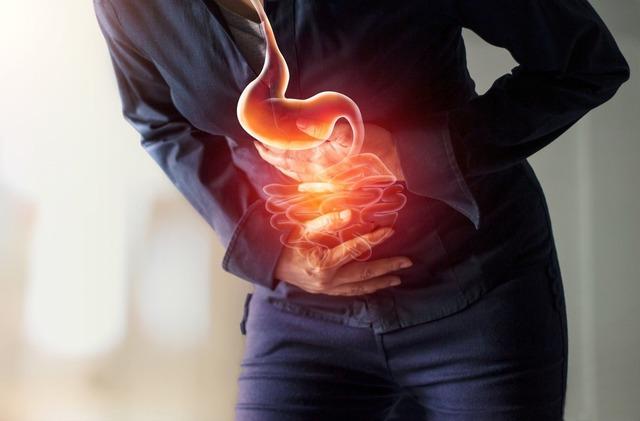
Prof. Dr. Serdar Yol, who pointed out that stomach cancer can sometimes progress without any symptoms, listed the things to be careful about as follows:
“Stomach cancer can sometimes progress insidiously without any symptoms. When symptoms are seen in the late stages, the patient may have lost the chance of surgical intervention. On the other hand, bloating, pain in the upper abdomen, feeling full quickly, loss of appetite, nausea, vomiting, rapid weight loss, anemia, and a positive occult blood test in the stool are among the main symptoms of the disease. However, the fact that all these findings are common complaints in daily life may cause delays in consulting a doctor. Early diagnosis of the disease provides an advantage in terms of surgical interventions. When cancer is diagnosed in the advanced stages, the risk of spreading to surrounding organs reduces the chance of definitive treatment of the disease. In such cases, chemotherapy is applied before surgery and the regression of the cancer is monitored. The aim here is to gain the chance of surgery again. If there is no chance of surgical intervention for the cancer; ‘palliative’ surgical methods that will provide comfort to the patient are applied. In this procedure, the patient is not treated in terms of cancer, but the patient is allowed to continue his/her eating and drinking routine.”
“DO NOT GIVE UP PRECAUTIONS AFTER SURGERY”
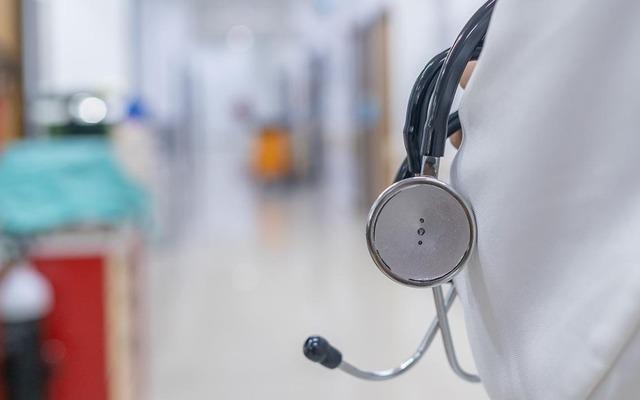
Prof. Dr. Serdar Yol, who stated that when surgical methods are used for the treatment of the patient, a large part or all of the stomach is removed, said, “After such an operation, it is recommended that the patient eats small portions at frequent intervals and chews the food very well before swallowing. After stomach cancer surgery and treatment, the patient should not think ‘I had surgery and I am saved’ and should continue regular check-ups.”
“DELAY IN TREATMENT REDUCES THE CHANCE OF SUCCESS”
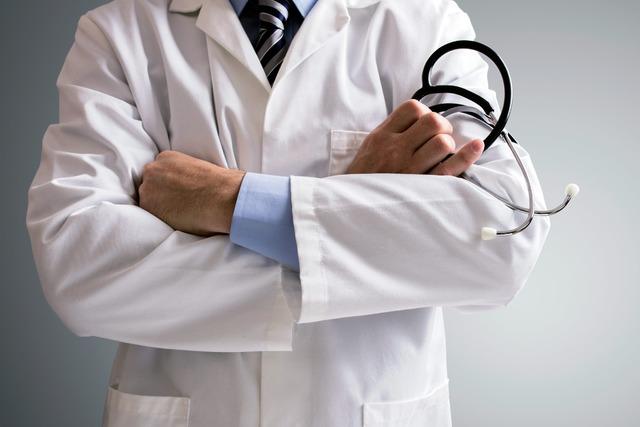
Underlining that the success of treatment in stomach cancer depends on the time the cancer is detected, the stage of detection, the patient’s age, concomitant diseases, and the involvement of lymph nodes and surrounding and distant organs, Prof. Dr. Yol said, “While the 5-year survival rate is 90-100 percent with early-stage diagnosis and treatment, this rate drops to 15-25 percent in advanced-stage tumors. Avoiding eating excessively salty, pickled foods every day, staying away from foods cooked on embers, eating plenty of fresh vegetables, not neglecting sports, and maintaining an ideal weight are important factors that increase the success of the treatment of the disease,” he concluded his words. (İHA)
